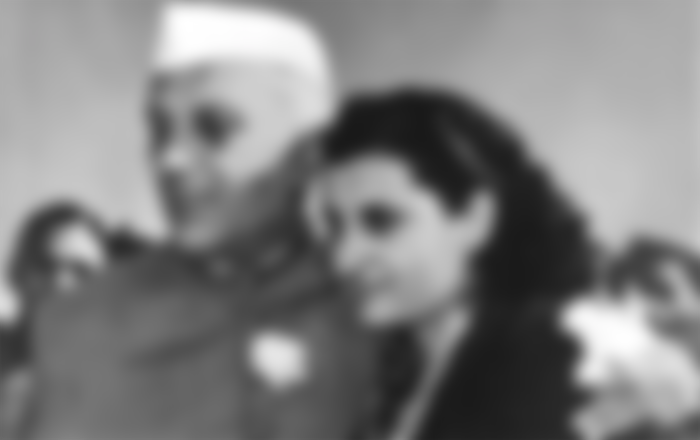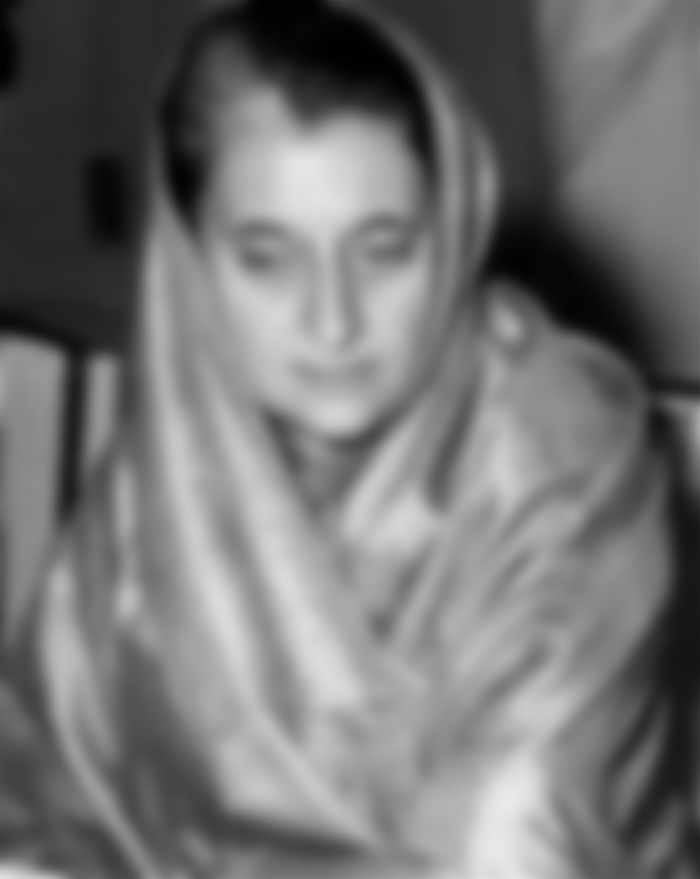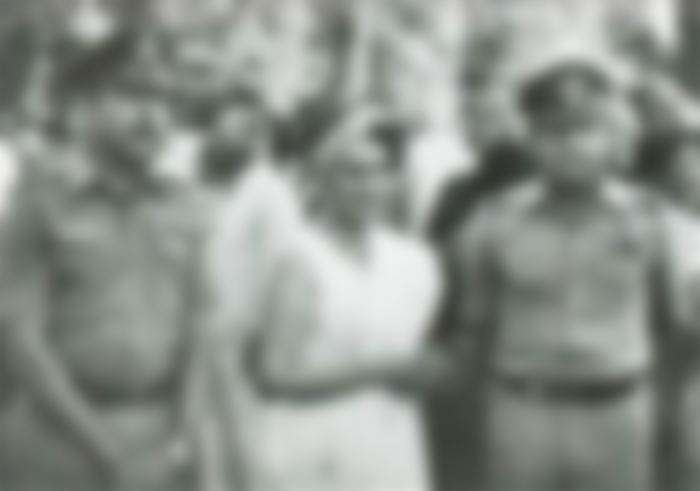The only female prime minister in the history of India, Indira Gandhi, ruled the country for as many as four terms. The only child of Jawaharlal Nehru, the first prime minister of independent India, Indira Gandhi, born in 1917, ruled India from 1966 to 1977 and from 1980 to 1984.

She was considered a visionary and a national heroine. The fateful and controversial woman of India, as many today talk about her, was a strong leader who modernized the country, and in international relations she advocated for peace and the defense of India's independence and neutrality. She was one of the most prominent figures in the non-aligned movement. She had great respect for Josip Broz Tito and persistently developed friendly relations between India and Yugoslavia.

She became politically active while studying in the UK. She was arrested for participating in the Indian independence movement, led by Mahatma Gandhi, and spent as many as 243 days in prison. After returning to India, she continued her political life and entered the state parliament two years before coming to the post of Prime Minister.

When she came to power in 1966, she was immediately ridiculed. Members of their own party put her at the head of the government because they thought they would be able to manipulate her easily. They even mockingly called her a "fool" from behind. But soon Indira turned into an Indian “goddess”. Although she came to power at a time after the embarrassing defeat by China, at a time of great droughts and excessive oil prices she won the Indo-Pakistani war. It then introduced a social assistance system and enabled poor and oppressed Indians to become landowners. Even the slogan of one of her election campaigns was “Destroy Poverty”.

It was in this first period of her reign that she succeeded in social policy to achieve more in the material strengthening of the population than anyone before her. The rich began to pay taxes, it raised national, financial-economic and labor discipline. With new measures, it stimulated the development of the Green Revolution agricultural program, wanting to improve the village especially by producing milk and other products. She became a charismatic leader of the masses. Her saying “Poverty is the worst form of pollution” is well known.

Yet, as much as she was loved and adored by many as the strong leader of one of the world’s most populous countries, for others she was only a power-hungry autocrat. The second stage of her reign was characterized by the centralization of power. She placed more and more all aspects of public life in India under her strict supervision. Many resent her authoritarianism because Gandhi did not suffer disobedience. In the mid-1970s, it declared a state of emergency. The media was controlled and stifled, opponents were imprisoned, and the political opposition was ruthlessly destroyed.

It did not undertake any further economic reforms that needed to be made, and due to draconian laws and excessive bureaucratization, corruption was “at an enviable level”. Also, she did not give up the dynastic approach to politics. She helped her sons advance in politics. This period is considered to be the darkest part of Indian democratic history.

Her suppression of the secessionist movement of the Indian Sikhs led to the assassination in which she was killed in 1984. She was killed by her Sikh bodyguards. Namely, the Sikhs fought for the independent state of Halistan, and Indira sent an army to their holiest temple - the Golden Temple. In the summer of 1984, the army partially destroyed the temple and killed more than 550 people who had taken refuge there. The Sikhs considered such an action sacrilege and therefore decided to assassinate the Prime Minister.

She was killed four months later. Bodyguards shot her as she passed through the door they guarded. Then she was supposed to have an interview with actor Peter Ustinov, who was making a documentary. Shot with 16 bullets. A revenge massacre took place very quickly.
The assassination was followed by four days of riots in which more than three thousand Sikhs were killed in New Delhi alone, and another four thousand across India. The massacre was reportedly led by members of the Congress Party in collusion with police and almost no one was held accountable. India is still divided today because of him. Although many commissions of inquiry have been set up, only about thirty people have been tried so far. No one from the political top responded.







